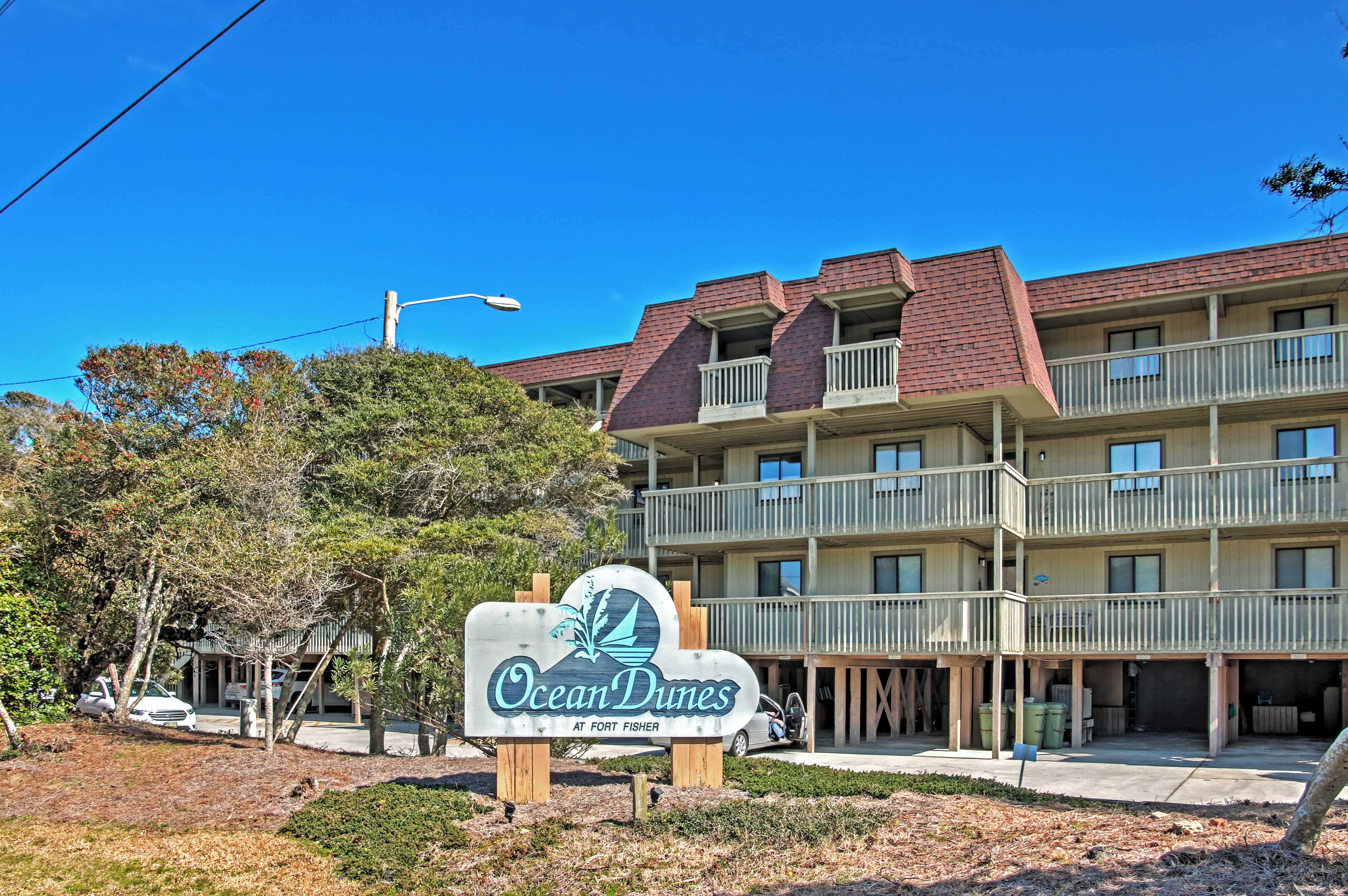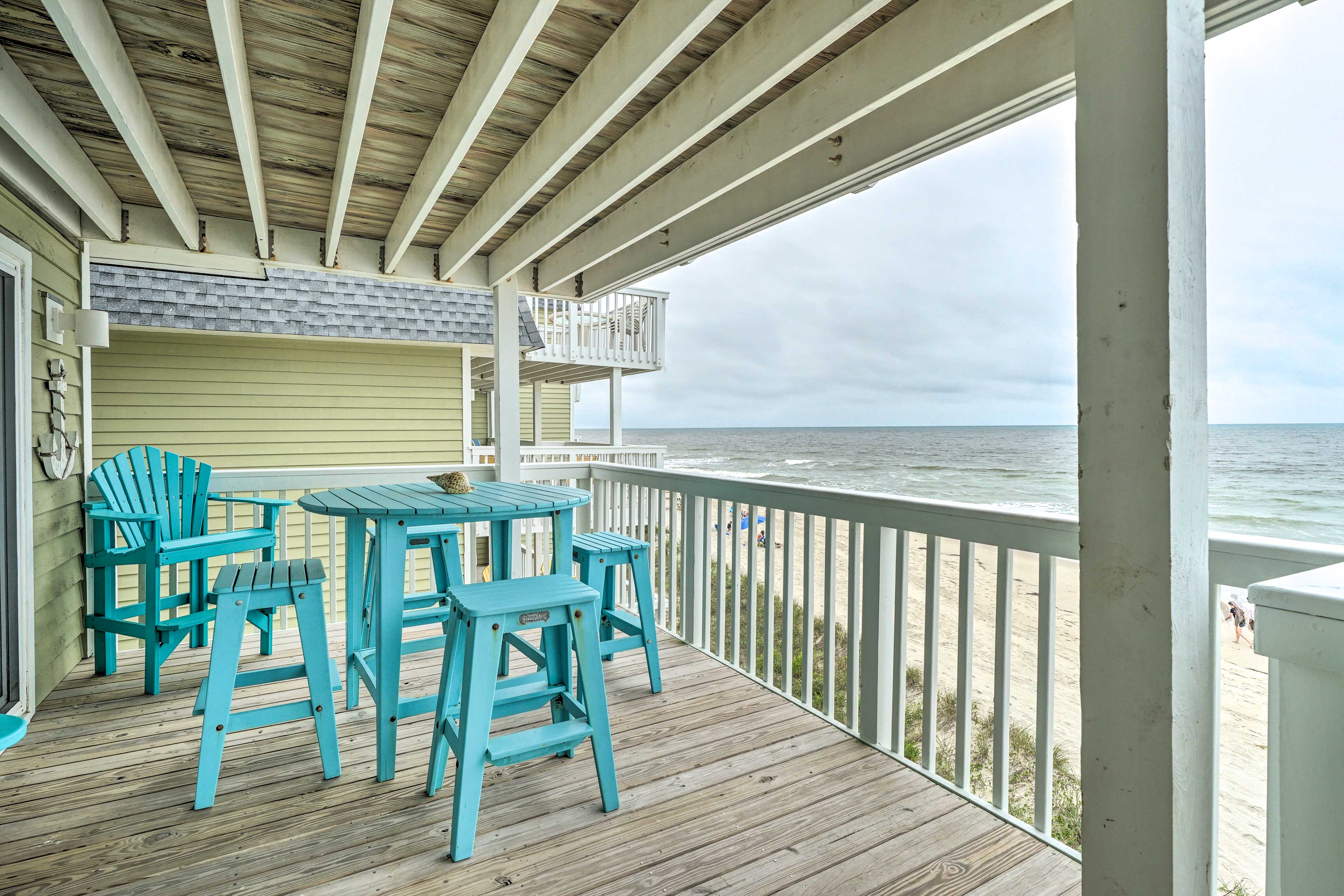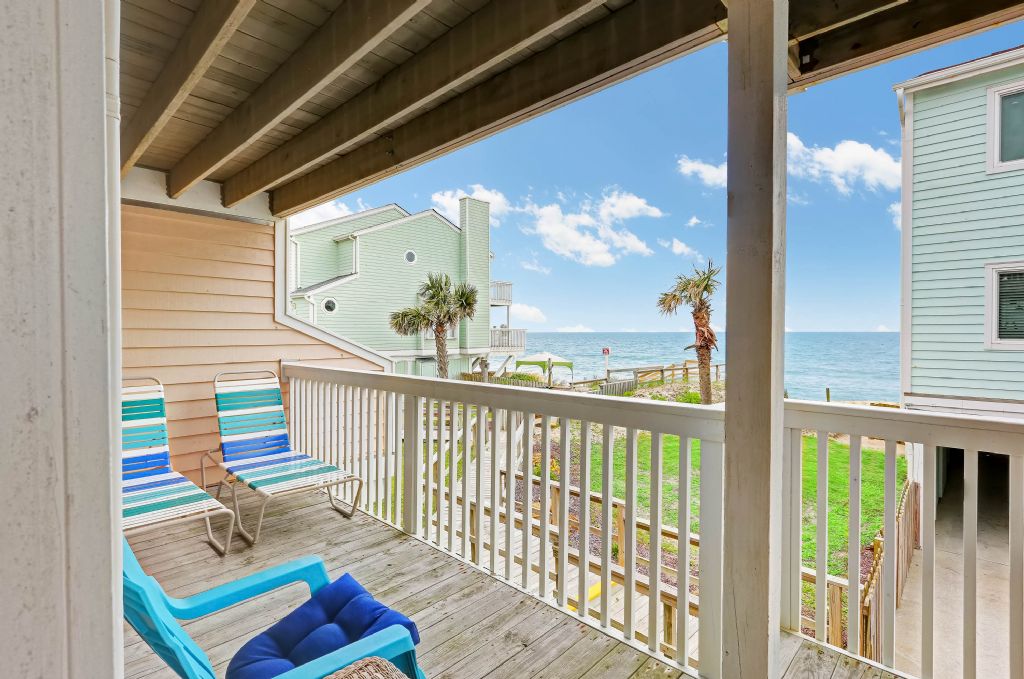Kure Beach Condos For Sale – They believe that certain things, like love, loyalty, and friendship, should be above the reach of commerce. For buyers, the process typically starts with identifying a business that aligns with their interests, skills, and goals. In conclusion, the sale of a business is a complex process that involves numerous steps, from identifying the right buyer or seller to completing due diligence and negotiating the terms of the transaction. These concepts, they say, are too sacred, too important to be reduced to mere transactions. The satisfaction of purchasing quality is often deeply intertwined with the knowledge that your money is going toward something that truly deserves it. It’s a moment of transition, and as with all transitions, it brings with it both excitement and uncertainty. When consumers buy these goods, they are investing in both the product and the people behind it. When a person decides to sell something, they might weigh the pros and cons, debating whether it’s the right time or whether it’s really necessary to part with what they’ve had for so long. This sense of history and individuality is part of what makes second-hand shopping so appealing. For example, someone might be able to purchase a used smartphone or laptop with the same features and specifications as a brand-new model, but at a significantly reduced price. For many, purchasing second-hand goods is not just about saving money, but about embracing sustainability, supporting a circular economy, and contributing to a more environmentally conscious world. For sale, it seems like a simple phrase, yet it carries with it an array of possibilities, emotions, and decisions that can shape someone’s life. For those who are passionate about antiques, art, and memorabilia, the second-hand market offers endless possibilities for finding unique and valuable items that can be passed down through generations or added to a collection. Whether it’s funding education, supporting homelessness services, or providing medical assistance, the money spent in second-hand shops can contribute to making a difference in the lives of others. In some cases, the sale of an item can mark a pivotal moment in someone’s life. But even as we wrestle with the implications of living in a world where everything is for sale, we also see that this reality is not entirely negative. It is only through diligent research that a buyer can truly determine whether the business is worth the asking price. One of the major environmental concerns with new products is the waste that they often generate at the end of their life cycle. Thrift stores, consignment shops, and online marketplaces like eBay and Poshmark provide a platform for people to sell or buy pre-owned high-quality goods. They are intended to last for a limited amount of time, after which they become outdated, broken, or no longer functional.

Ocean Dunes Kure Beach Condo w/Balcony & Pool Evolve
New to market listingssave favorite listingsfind local experts

f_100369777.jpg?PhotoAccessKey=0d6cbd693a838f27a4e3110d2f674591
New to market listingssave favorite listingsfind local experts

Condos for Sale in Fort Fisher, Kure Beach, NC
New to market listingssave favorite listingsfind local experts

Ocean Dunes Kure Beach Condo w/ Balcony & Pool Evolve
New to market listingssave favorite listingsfind local experts

Kure Beach Ocean Dunes Condos For Sale at John Cameron blog
New to market listingssave favorite listingsfind local experts

Ocean Dunes Kure Beach Condo w/ Balcony & Pool Evolve
New to market listingssave favorite listingsfind local experts

Kure Beach Ocean Dunes Condos For Sale at John Cameron blog
New to market listingssave favorite listingsfind local experts

Kure Beach Ocean Dunes Condos For Sale at John Cameron blog
New to market listingssave favorite listingsfind local experts

Ocean Dunes Condos for Sale in Kure Beach, NC The Whalen Team
New to market listingssave favorite listingsfind local experts

Kure Beach, NC Condos for Sale
New to market listingssave favorite listingsfind local experts
And, in a way, this is the ultimate form of freedom: the ability to buy, sell, and trade on your own terms. To mitigate this risk, buyers should ask for detailed photos, read product descriptions carefully, and inquire about the condition of the item before making a purchase. On the other, there’s the challenge of assessing the true value of a business, navigating the complex negotiations, and ensuring that the business is a sound investment in terms of both its financial health and its long-term viability. While buying and selling second-hand items can come with its challenges, the rewards—both financially and environmentally—make it a worthwhile pursuit for many people. Online platforms such as eBay, Craigslist, and Facebook Marketplace have made it easier than ever for individuals to sell their unwanted items to a global audience. The resale of pre-owned clothing has become a booming industry in recent years, with second-hand stores and online marketplaces thriving as more consumers opt for affordable, sustainable alternatives to fast fashion. There are communities that exist outside the realm of traditional commerce, where sharing, collaboration, and mutual support take precedence over profit. Whether it’s a handmade leather bag, a vintage watch, or a luxury car, the term “quality” brings with it an expectation — an assurance that the item in question has been crafted with care, attention to detail, and materials that can stand the test of time. On one hand, there’s the potential for an established client base, proven systems, and a recognizably brand name. When we begin to view everything through the lens of commerce, it’s easy to lose sight of the things that make life worth living — the moments that aren’t for sale, the experiences that can’t be bought. Whether it’s an item, a service, or even a person, the act of being “for sale” represents a moment of transition, a shift from one stage of life to another. Conversely, periods of economic growth may lead to more businesses being sold due to increased valuations and higher demand. The rise of minimalist living, which emphasizes owning fewer, more meaningful possessions, has played a role in this shift. This can be particularly advantageous for entrepreneurs who might have experience in business operations but lack the time or resources to build a new venture from the ground up. Art, music, literature — these expressions of human creativity and emotion are not always bound by the rules of commerce. The business-for-sale market continues to evolve, influenced by economic trends, technological advancements, and shifts in consumer behavior, but one thing remains clear: buying and selling businesses will always be a fundamental part of the global economy. A blacksmith might craft a sword, a tailor might stitch a suit, and a potter might mold a vase. When consumers buy these goods, they are investing in both the product and the people behind it. The buying and selling of companies, brands, and even entire industries can reshape economies, alter job markets, and redefine how goods and services are delivered. It implies that there’s nothing off-limits, nothing beyond the reach of commerce.
A well-maintained, quality leather jacket may last a lifetime, whereas a low-cost alternative might only hold up for a couple of seasons. It’s a small but significant way to make a positive impact on the planet, especially when one considers the volume of waste generated by fast fashion, electronic waste, and disposable goods. Vintage items, antiques, and pre-loved goods often carry stories and histories that new products simply cannot replicate. Many brokers specialize in certain industries or types of businesses, allowing them to better serve their clients by offering specialized knowledge and advice. The durability and longevity of these products mean they don’t need to be replaced as frequently, reducing the need for constant purchases and ultimately saving money in the process. By buying second-hand goods, consumers can feel good about supporting their communities and giving back to those in need. Websites and apps like eBay, Craigslist, Facebook Marketplace, and Poshmark have made it easier than ever to find second-hand goods for sale, offering a wider selection and more convenience than traditional brick-and-mortar stores. It’s about letting go of something that no longer serves a purpose, while opening the door for something new to take its place. The online second-hand market has also made it possible for people to buy and sell niche items that may not be available in local stores. For many, purchasing second-hand goods is not just about saving money, but about embracing sustainability, supporting a circular economy, and contributing to a more environmentally conscious world. Many high-quality products come with a rich history, whether it’s the legacy of a renowned brand or the personal touch of a local maker. For buyers, the process typically starts with identifying a business that aligns with their interests, skills, and goals. The process of selling it can be seen as a form of letting go, a recognition that the future may look different from the past, but that doesn’t diminish its importance or value. The buying and selling of companies, brands, and even entire industries can reshape economies, alter job markets, and redefine how goods and services are delivered. Whether it’s a handmade leather bag, a vintage watch, or a luxury car, the term “quality” brings with it an expectation — an assurance that the item in question has been crafted with care, attention to detail, and materials that can stand the test of time. For the seller, there is the risk that they may not be able to find a buyer who is willing to pay the desired price, or that the sale may not go through as planned. An item’s worth can be subjective, influenced by the desires, needs, and circumstances of both the seller and the buyer. Economic downturns, for example, can influence the types of businesses that are put up for sale, as struggling companies may look to exit the market. Second-hand goods for sale are no longer seen as inferior or out-of-date, but rather as a conscious, stylish, and eco-friendly choice. For the seller, the goal is to achieve the highest price possible for the business, while for the buyer, the goal is often to secure a fair price that reflects the true value of the business.